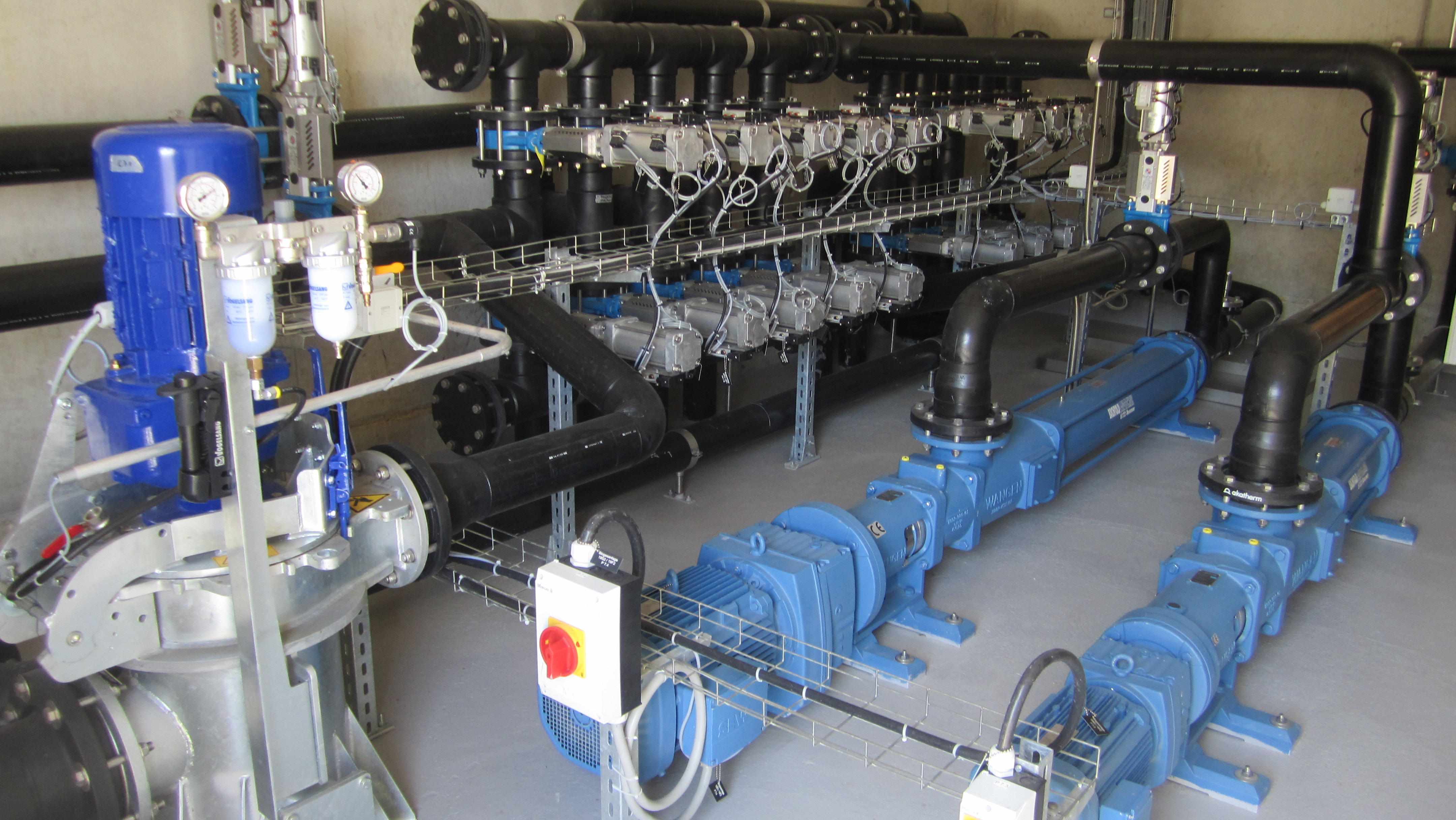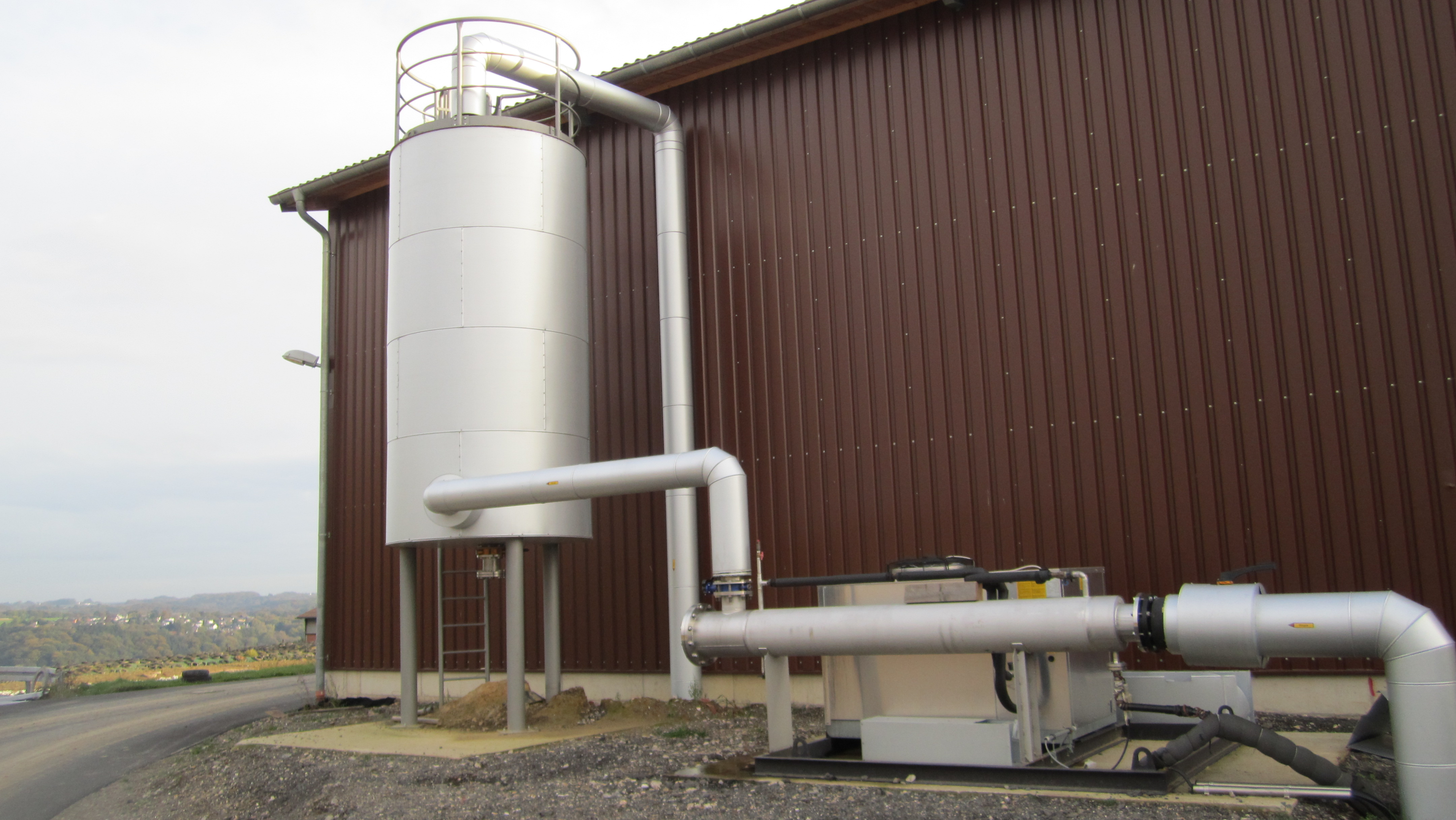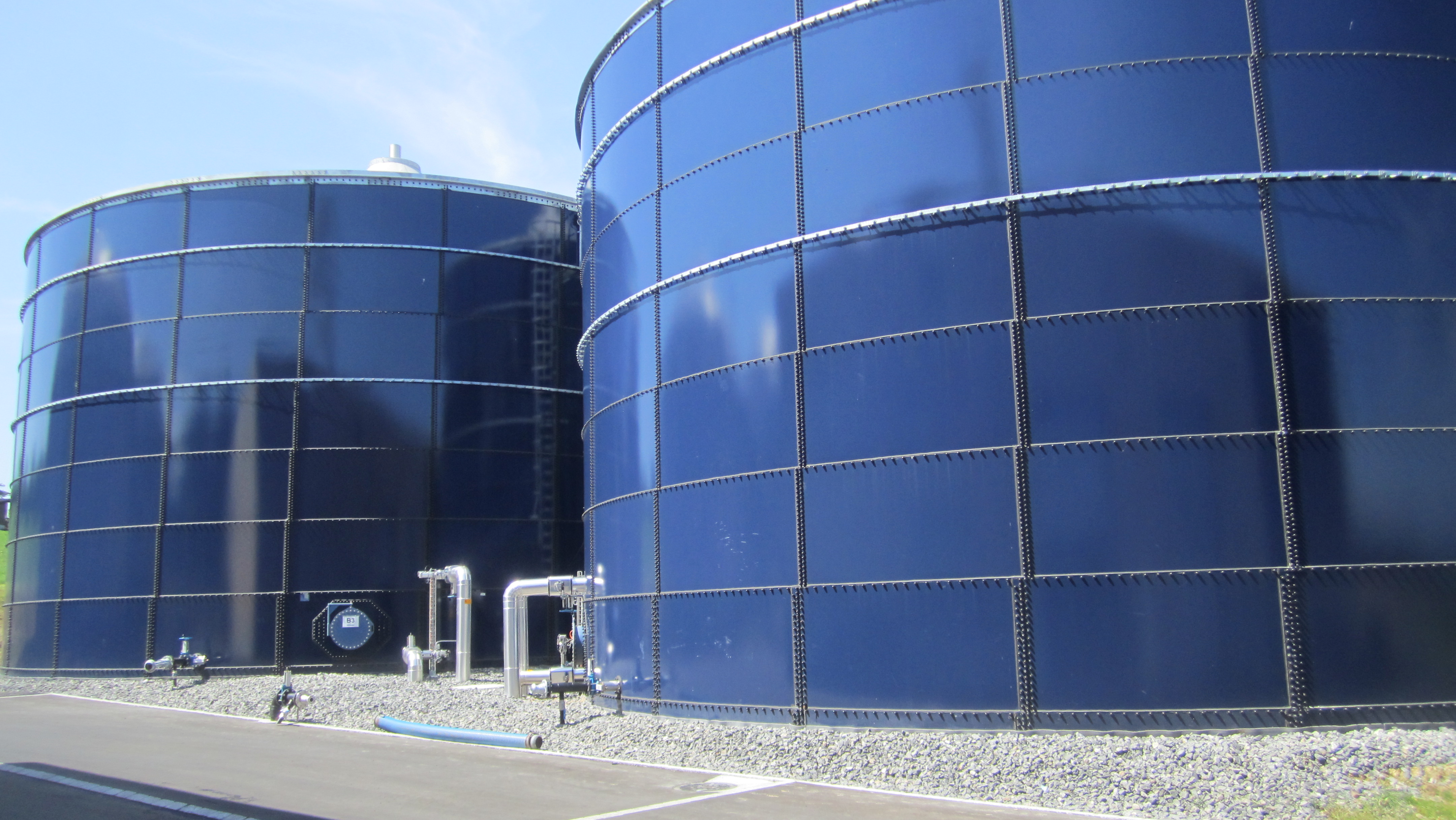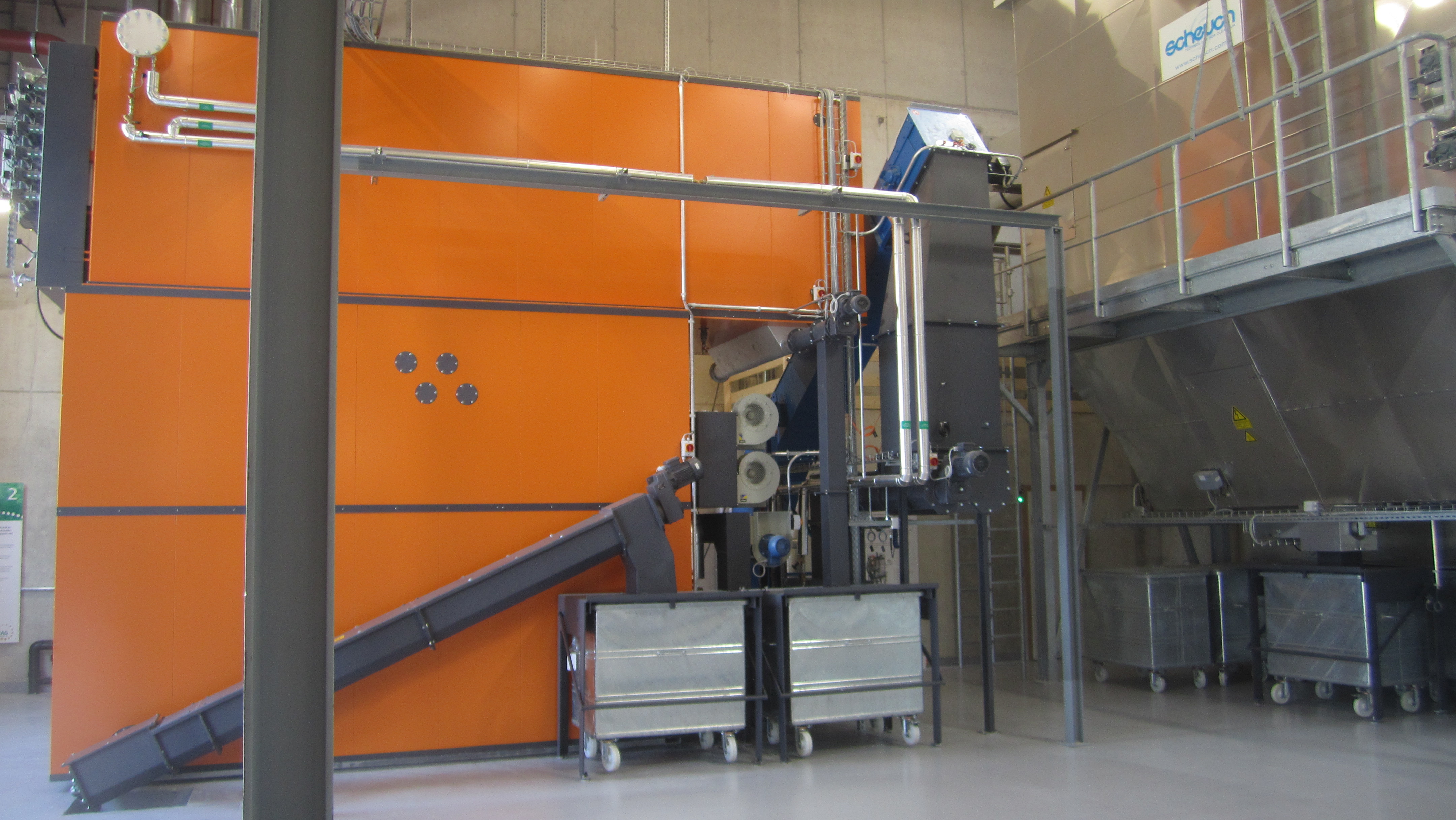Optimal methane production through expertise
Tailored solutions to maximise your energy yield and sustainability
Biogas is a valuable gas mixture consisting primarily of methane (CH₄), carbon dioxide (CO₂), water vapour and various trace gases. A high methane content makes the gas particularly flammable and thus ideal for energy production. However, the composition of the biogas is heavily influenced by the raw materials introduced to the plant. Over 50% of substrates used in biogas plants are waste and residual materials. These can be divided into:
- Agricultural waste: animal excrement (slurry or manure) and straw
- Municipal waste: Waste from the organic waste bin, garden and park waste, commercial food waste, market waste and the organic content of residual waste
- Industrial waste: Waste from the production of beer, wine, sugar, biodiesel, bioethanol and rapeseed oil, from the processing of potatoes and milk, as well as from slaughterhouses.
Important process parameters for optimal methane yield

Methane production is not only influenced by the raw materials used, but also by some decisive process parameters.
- Fermentation temperature: A stable fermentation temperature supports the activity of the microorganisms and maximises the methane yield.
- Load case of the reactor: Adjusting the retention time according to the substrate supply prevents overload and increases the gas yield.
- Hydraulic retention time: This refers to the period during which the substrate remains in the fermenter, which directly affects the efficiency of gas production.
- Biological desulphurisation: Desulphurisation reduces the amount of hydrogen sulphide (H₂S) in the gas mixture, which improves the quality of the gas and aids in the maintenance of the plant.
Key factors to consider when choosing hardware
The choice of hardware for biogas plants depends on the specific requirements of substrates used in business and industry, and should take the following key factors into consideration:
- C:N ratio: An optimal carbon-to-nitrogen ratio (between 20:1 and 30:1) is essential for microbiology in the fermenter. TEWE adjusts this ratio to the composition of the commercial waste to ensure stable fermentation.
- Substrate diversity: The use of industrial waste such as food waste from supermarkets, restaurants and food processing makes the plants particularly versatile and efficient. TEWE has a lot of experience in customising plants for a huge range of substrate types.
- Moisture content: A moisture content of 80–90% is optimal for stable biogas production. TEWE offers storage and processing solutions keep the moisture content for various organic waste products at a consistent level.
- Biochemical composition: Organic substrates with a high energy content, such as fats and proteins, promote gasification. TEWE works closely with laboratories to precisely analyse the biochemical composition and fine-tune it to the requirements of the industry or business in question.
- Storage of the substrates: Proper storage is vital in preventing quality losses. TEWE offers custom storage solutions which are designed specially for industrial and commercial waste.
- Regulations and subsidies: TEWE has extensive experience in ensuring compliance with international standards and subsidy programmes in order to meet the requirements of markets such as Europe and Japan.
TEWE Biogas – expertise for industrial exploitation and sustainability
With over 25 years of experience, TEWE has wide-ranging expertise in plant construction for industrial and commercial exploitation of organic waste. Our tailored plant solutions optimise the utilisation of commercial waste products for sustainable energy production and offer companies flexible options for complying with environmental requirements and supporting a circular economy which saves resources.
Benefits
TEWE Biogas scope of services
TEWE offers a wide range of services for optimising the efficiency and profitability of biogas plants:
- Consultation and analysis for optimal substrate composition for various commercial waste products to maximise gas yield.
- Planning and configuration of plant hardware, fine-tuned to the requirements of commercial waste processing.
- Efficient storage solutions to maintain the quality of the substrate and promote a trouble-free fermentation process.
- Optimisation of fermentation processes to maximise methane production and energy efficiency.
References





